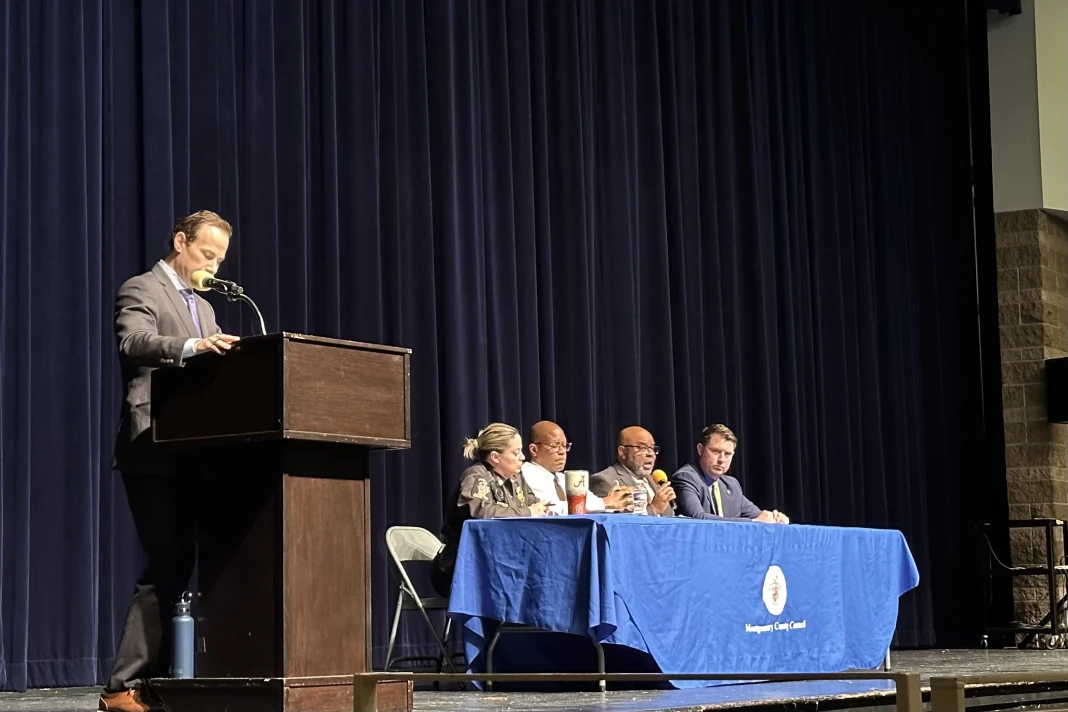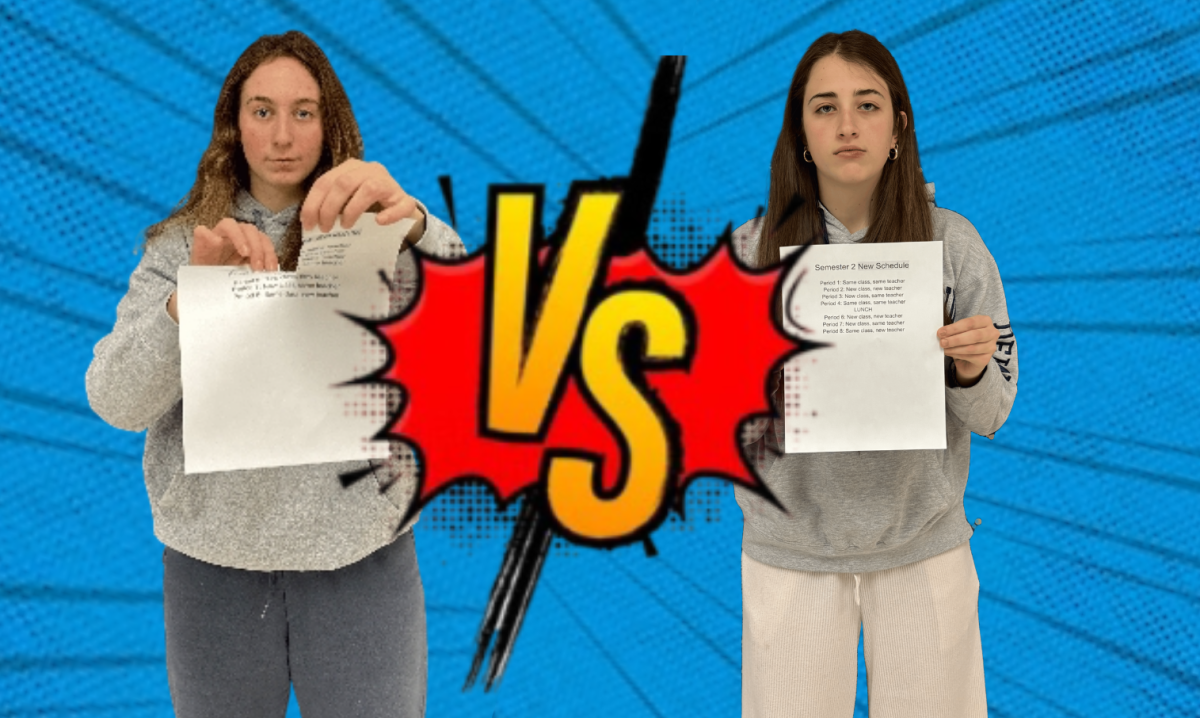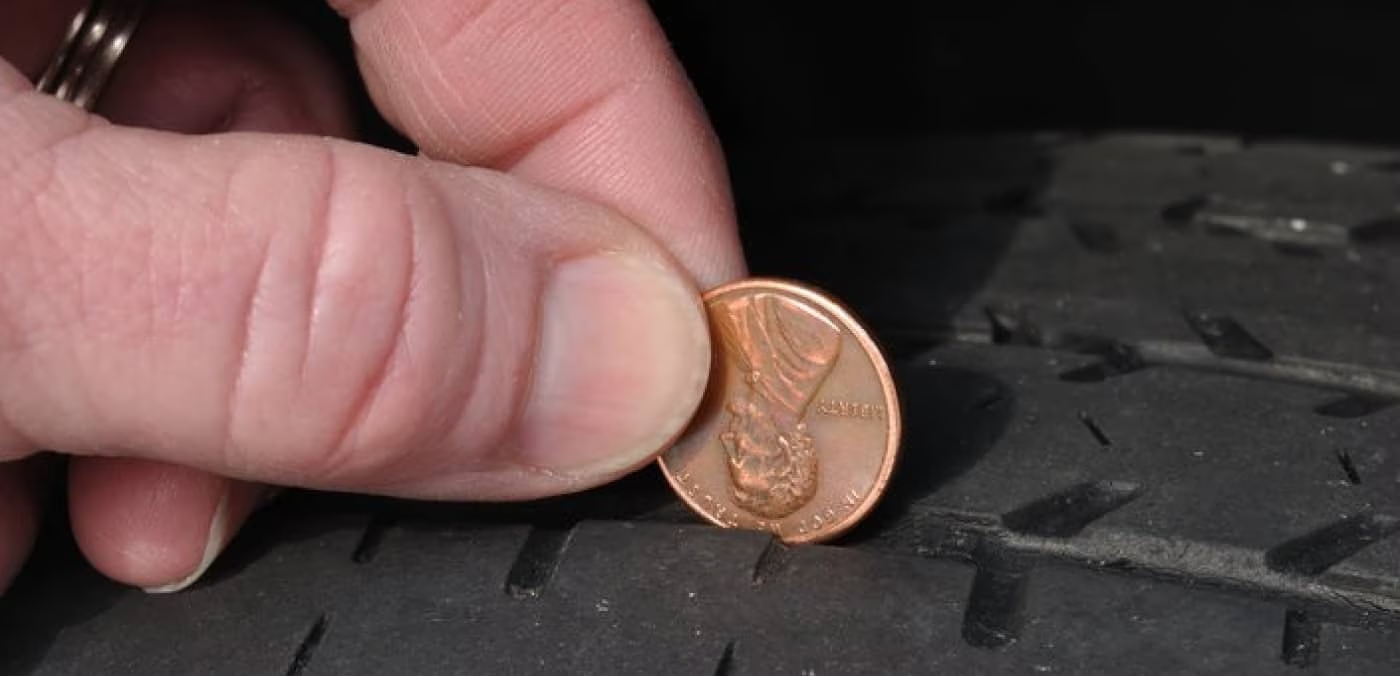For CHS baseball spectators, the only way to reach the baseball field directly from the parking lot is to walk along a steep, uneven, gravel pathway, which poses difficulties for those who want to watch baseball and softball games and have trouble walking or use handicap equipment.
Nancy Miller, a CHS parent and a CHS Booster Club member who uses a walker, has watched her son play baseball his whole life. Now Miller struggles to watch her son play, and a walkway to the field would eliminate this problem, not just for Miller, but also for other parents, grandparents and spectators with disabilities.
According to Miller, the Booster Club attempted to address this issue two years ago. However, the efforts were unsuccessful because paving a walkway to the baseball field was determined to be far too expensive.
While it is true that paving a walkway would be expensive, it would be a good use of funds. Not only would this assist disabled spectators, it would also benefit athletes who carry heavy bags to practice. Most of these sports bags have wheels, which could easily be used on an evenly paved walkway.
Having an uneven pathway that poses difficulties for the disabled might suggest that CHS is in violation of the American with Disabilities Act (ADA). This law provides that disabled persons are entitled to equal opportunity in public accommodations, employment, transportation, state and local government services and telecommunications. Under current conditions, the walkway is dangerous and difficult for disabled persons to navigate.
According to its website, the Montgomery County government is committed to providing all disabled persons with access to county programs and facilities.
According to Nancy Horton, an attorney for the Mid-Atlantic ADA Center, Title 2 of the ADA applies the law to state and local governments, which include public schools and their programs.
The ADA makes efforts to ensure that people—students, parents, grandparents, and spectators alike—can attend public programs, according to Horton.
“They are a public school which uses tax money, so they should make their programs available to everyone,” Horton said.
The current pathway makes it difficult, almost impossible, for some people such as Miller, to do this.
“Because there are real members in the community being affected by this, [it] really needs to be addressed,” Horton said.
The ADA recognizes that in some instances adding an accommodation would be so unreasonable that the change would not need to be made. Under the law, this is known as an undue burden. For example, if adding a paved pathway would be so costly as to take away funding for other necessary projects such as teacher salary, this could be viewed as unreasonable.
While the MCPS budget is currently in crisis, and the county has many worthwhile expenses, repaving the pathway is still something that needs to be done.
Athletic director Dave Kelley is aware of the problem the lack of a walkway poses.
“We requested that MCPS fix it, and they did nothing,” Kelley said. “I worry about it everyday.”
In addition, if the county thinks that paving a pathway would cost too much money, this would only be a small amount compared to the money they would have to pay should a disabled spectator fall and hurt him or herself while trying to navigate the path.
Even if lawyers are able to find a loophole or a technicality in the law to exempt CHS from this provision, not paving the walkway is an unethical thing to do, and keeps spirited and supportive spectators from attending games.
Categories:
Lack of paved walkway to field may violate law
March 21, 2011
Story continues below advertisement
0
More to Discover













